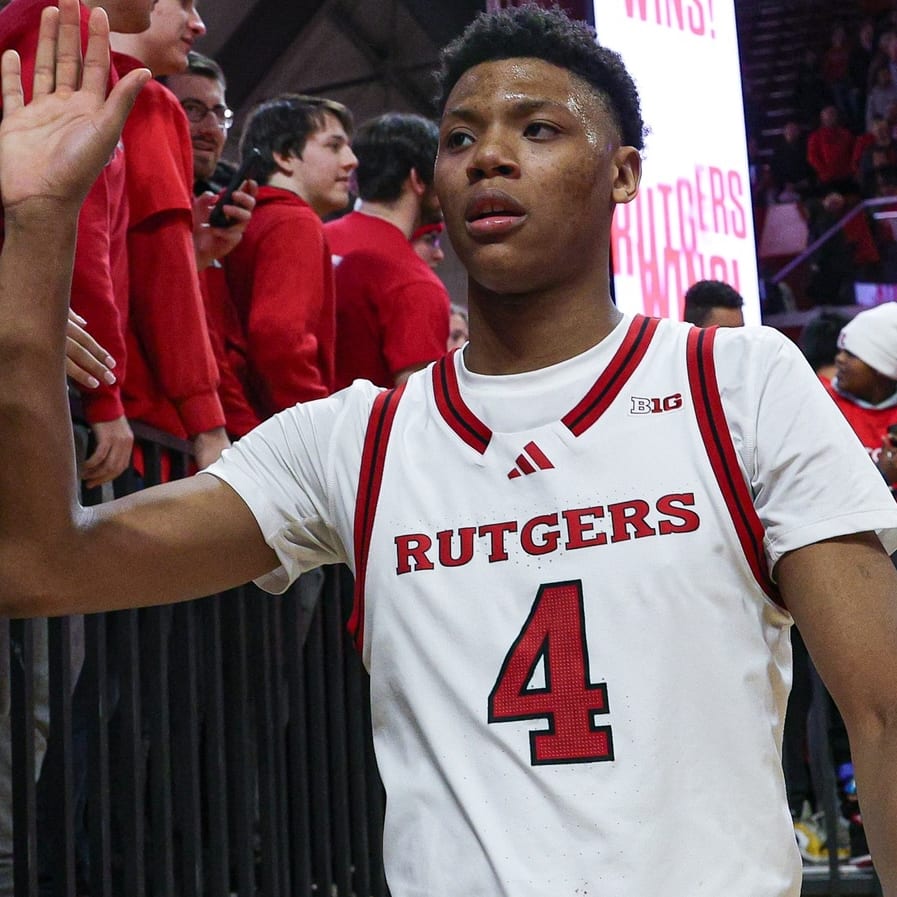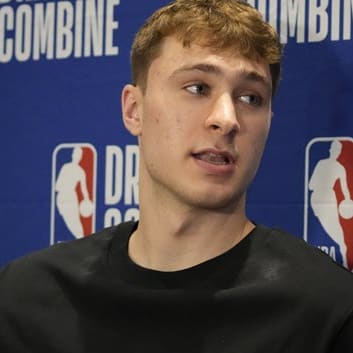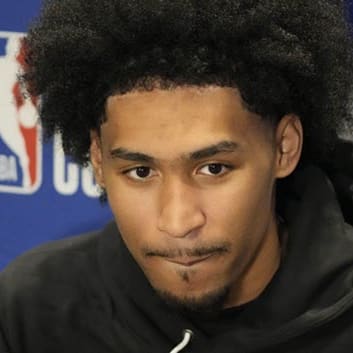This article is part of our The Prospect Post series.
Don't obsess over the narrative. You'll find yourself wrong more often than not.
But that's what we do anyways, isn't it? We say Alex Rodriguez can't hit in the playoffs and all of a sudden, we find ourselves ignoring Curtis Granderson's 16 strikeouts in 30 postseason at-bats. We turn our heads when Rodriguez's replacement, Eric Chavez, conks out an 0-for-16 playoff performance.
Rodriguez was terrible, but the Yankees' failure to hit in the postseason had as much to do with Robinson Cano's 3-for-40 as anything else. Yet, all that secondary information fades as we continue to screech about A-Flawed and his inability to make contact. Why? Because it fits our preconceived narratives.
One could argue the sports fan is relatively stubborn, focusing solely on immovable goals that are – for the most part – unrealistic. Win a championship. Get an MVP. Win a scoring title. Finish first in a fantasy league. But fans often have to realize the fallacy in an implicit narrative, which can actually lead a team or even fantasy owner into decisions that are particularly nonsensical.
If I walked up to an NBA scout and told him I had a 6-foot-9 power forward with a 7-foot-1 wingspan that wasn't much of an athlete, but was immensely skilled on the offensive end, he might show an interest. His eyes might begin to open even more when I mention his 53 percent field goal percentage in his two seasons playing Big Ten basketball. I assume those open eyes will
Don't obsess over the narrative. You'll find yourself wrong more often than not.
But that's what we do anyways, isn't it? We say Alex Rodriguez can't hit in the playoffs and all of a sudden, we find ourselves ignoring Curtis Granderson's 16 strikeouts in 30 postseason at-bats. We turn our heads when Rodriguez's replacement, Eric Chavez, conks out an 0-for-16 playoff performance.
Rodriguez was terrible, but the Yankees' failure to hit in the postseason had as much to do with Robinson Cano's 3-for-40 as anything else. Yet, all that secondary information fades as we continue to screech about A-Flawed and his inability to make contact. Why? Because it fits our preconceived narratives.
One could argue the sports fan is relatively stubborn, focusing solely on immovable goals that are – for the most part – unrealistic. Win a championship. Get an MVP. Win a scoring title. Finish first in a fantasy league. But fans often have to realize the fallacy in an implicit narrative, which can actually lead a team or even fantasy owner into decisions that are particularly nonsensical.
If I walked up to an NBA scout and told him I had a 6-foot-9 power forward with a 7-foot-1 wingspan that wasn't much of an athlete, but was immensely skilled on the offensive end, he might show an interest. His eyes might begin to open even more when I mention his 53 percent field goal percentage in his two seasons playing Big Ten basketball. I assume those open eyes will pop out even farther when I throw out his conference-leading rebounding and free throw totals. But then I mention his back...
That damn back.
That's right, there's a narrative out there and it's strangling Jared Sullinger's stock even though there are no facts to back up that he won't provide fantasy value in the upcoming season.
Only a few weeks before the 2012 NBA Draft, Sullinger was a projected top-10 pick for all the reasons written above. No one would argue he could jump, but footwork beyond his years and coordination beyond his size provided a different kind of reason to be positive. Sullinger is the type of player that Shaquille O'Neal would argue is better than Dwight Howard because of his traditional, back-to-the-basket style. Shaq would be wrong, but that doesn't mean Sully's value is shot.
As the draft neared, the term "red flagged" starting stamping him all over. Sullinger's back posed a concern to team doctors around the NBA who wondered how long the former Ohio State star could sustain a career in the league. So naturally, let the narrative take over.
Sullinger has a bad back.
Sullinger won't be able to play for more than three years.
Sullinger may not be able to ever play more than 25 minutes a night.
Sullinger may never play 60 games a year.
People took those assumptions and were happy to sprint away with them, leaving a broken Sullinger jerkily hobbling after them. And because of that narrative, no one took the time to ask the most important follow-up question, the perfect response to any of Sully's injurious faults – Who cares??
Sullinger played in 37 games in each of his two collegiate seasons, missing a grand total of two contests. I'm going to leave out the I'm Not a Doctor Disclaimer – mainly because no one has ever blindly accused me of being a chiropractor and I don't plan on starting that today – but doesn't this start to show the Sullinger health issue affects the long term far more than the short term? With this back issue plaguing him at Ohio State, he only missed two games.
With his durability in question, Sullinger's value plummeted in the days leading up to the Draft. If anything proves that the NBA Draft is more about potential than it is about known quantities, Sullinger's experience on June 28 surely does.
He might not have the ceiling of Andre Drummond, but neither did DeJuan Blair, a similarly dominant, pudgy forward who threw the Big East over his shoulder - both literally and figuratively - in his time at the University of Pittsburgh, only to see his once lottery-valued draft stock fall into the second round amidst swirling rumors of a bad knee that had little-to-no cartilage. Now, Blair has been a starter on a one-seed, Spurs team for two consecutive seasons. He hasn't dispelled the criticism of longevity, but productivity is never an issue. So why can't Sullinger be the same?
The preseason has made Sullinger look good. The rookie is averaging 10.9 points per game in his 26.1 minutes per night. He is shooting a highly efficient 56.1 percent from the field and 84.6 percent from the line. His 7.0 rebounds per game ranks second among first-year players behind Anthony Davis. Meanwhile, he's been highly consistent, hitting fewer than half his shots in only one of eight preseason games (and that was still only a 3-for-7 effort).
Sullinger looks like he is going to see the floor as a rookie, and he has the skill set to capitalize on such an opportunity. So when it comes to a fantasy team, ignore the fact that he fell to 21st in June's draft. Ignore the criticism that he might not be athletic enough to fit in or that his back might not hold up. Essentially, just ignore the narrative.
The Yankees have to spend this offseason trying to improve upon a disappointing season for their fan base, the same group of people that wants to spear A-Rod's head on a stick and parade it around the Bronx. But the Yankees can't base their personnel decisions on a narrative and neither should anyone considering Sullinger for a valuable roster spot in the upcoming fantasy season.










